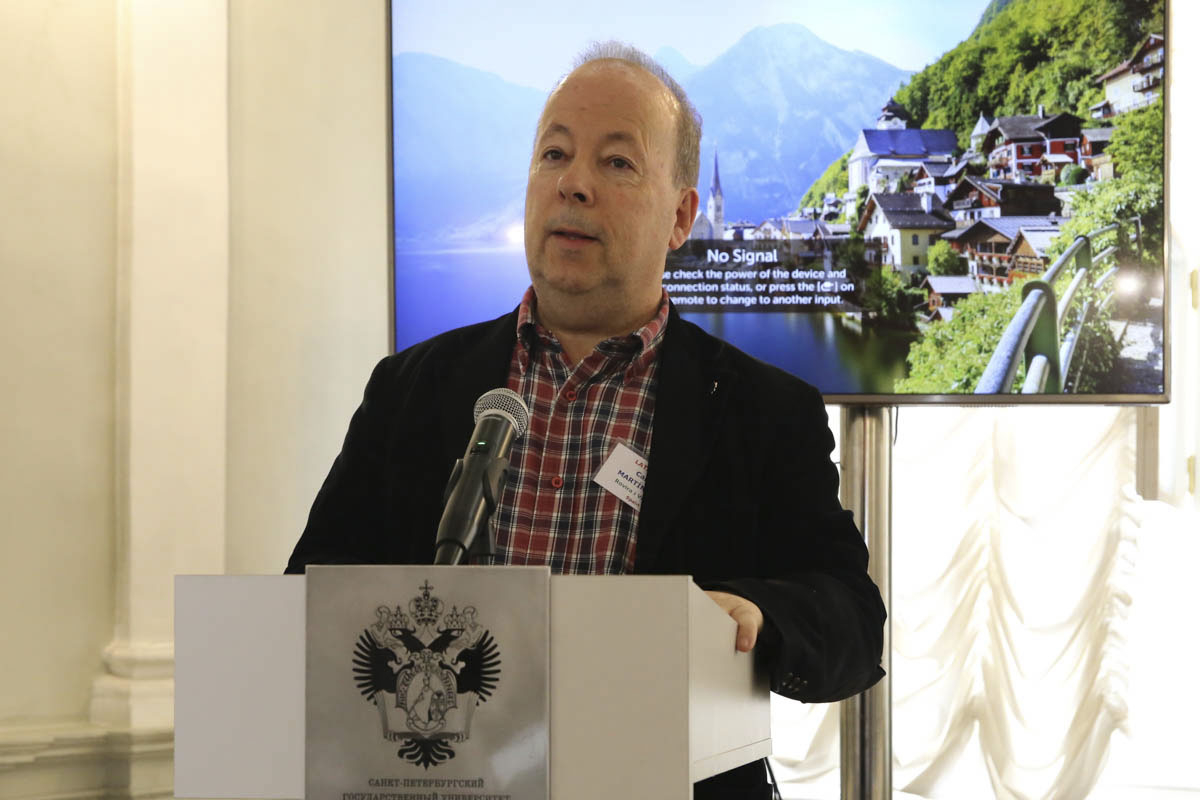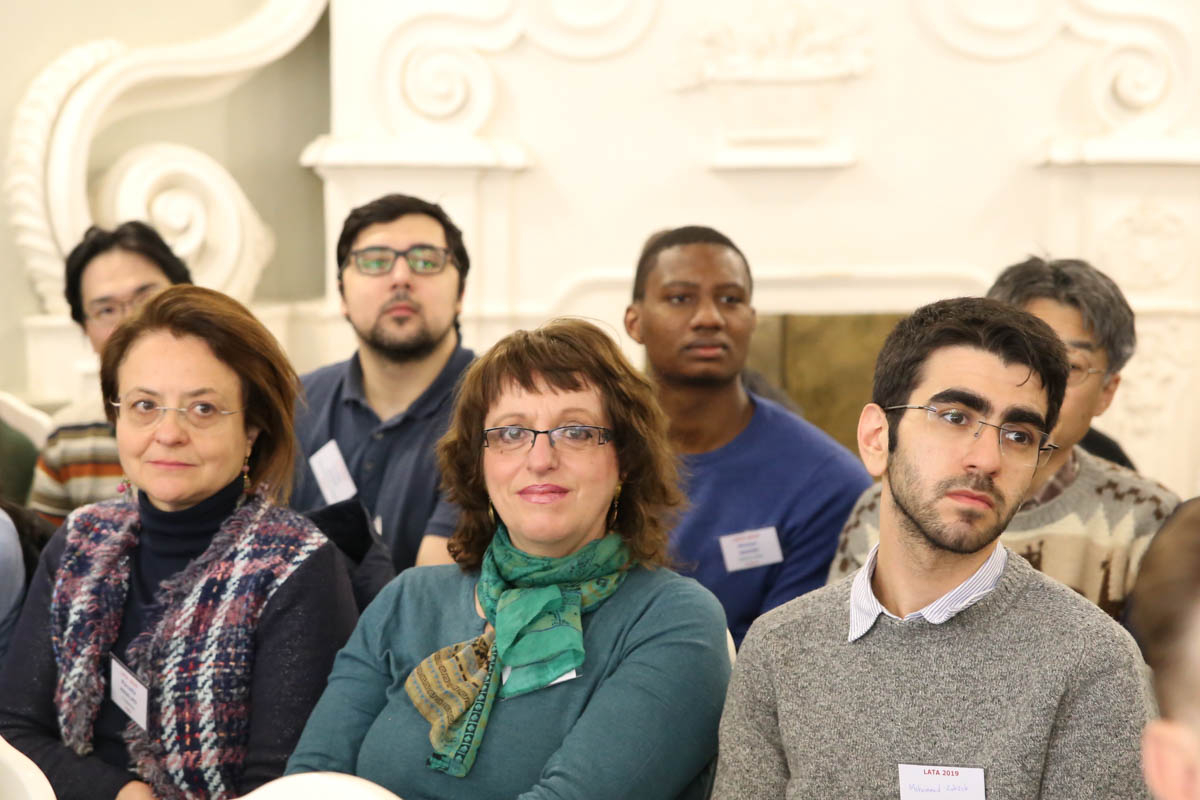St Petersburg University hosts an international conference on theoretical computer science LATA 2019 for the first time
An international conference on theoretical computer science ‘Language and Automata Theory and Applications - LATA 2019’ has opened at St Petersburg University. For four days, about 50 scientists will discuss text processing nuances using mathematical methods and recent developments in this area. They come from 19 countries including Germany, France, Poland, the USA and Japan. It is the thirteenth global LATA conference, and St Petersburg and Russia host it for the first time.
Mathematical models help to develop methods for analysing data presented in the form of character strings. Machine translation systems or programming language processing systems operate based on such a principle. In particular, the work of search engines and contextual advertising on the Internet is also built on the basis of mathematical models. Moreover, these methods make it possible to solve logical problems and even explore philosophical issues. This is the aspect of the application of theoretical computer science that was revealed in the report of Edward A. Lee, a professor at the University of California at Berkeley (the USA), who started off the event.
‘This conference has brought together a community that is highly skilled in formal reasoning and thinks in mathematical systems. What I try to do is to take topics that are historically completely non-formal, seemingly not subject to structuring, philosophical, and describe them in a language understandable to the machine. And I expect that colleagues will either find gaps in my reasoning, or be able to find new evidence using other ways. I hope that to link philosophical ideas at this level will become a new tradition,’ said Edward A. Lee.
Alexander Okhotin is the organiser of the conference in Russia and a professor at St Petersburg University. He noted that a lot can be described with mathematical models. ‘Not only philosophy, but also natural sciences try to find answers to the question “how does the world work?". Therefore, it is quite natural that mathematicians on the basis of their knowledge wonder how to hypothesise in the field of philosophy,’ explained Alexander Okhotin.
He also emphasised that despite the opportunity to describe philosophical dilemmas mathematically, only the opening paper was devoted to this issue. Apart from that, all the other scientists will talk about specific mathematical and applied questions arising in the field of application of the theory of languages and automata. Among them are: pattern discovery in biological sequences (Professor Esko Ukkonen, Finland); searching and indexing of compressed texts (Professor Paweł Gawrychowski, Poland); text processing on quantum computers (Professor Tomoyuki Yamakami, Japan).
The speakers are focused on a specific topic: the application of the theory of languages and automata. At present, it is being actively developed in the Chebyshev Laboratory at St Petersburg University.
“St Petersburg University is becoming one of the world centres for research in our field of study. Therefore, it was quite natural to hold a conference right here,” noted Carlos Martín-Vide, the chair of the LATA conference series, Professor of Rovira i Virgili University, Spain.



